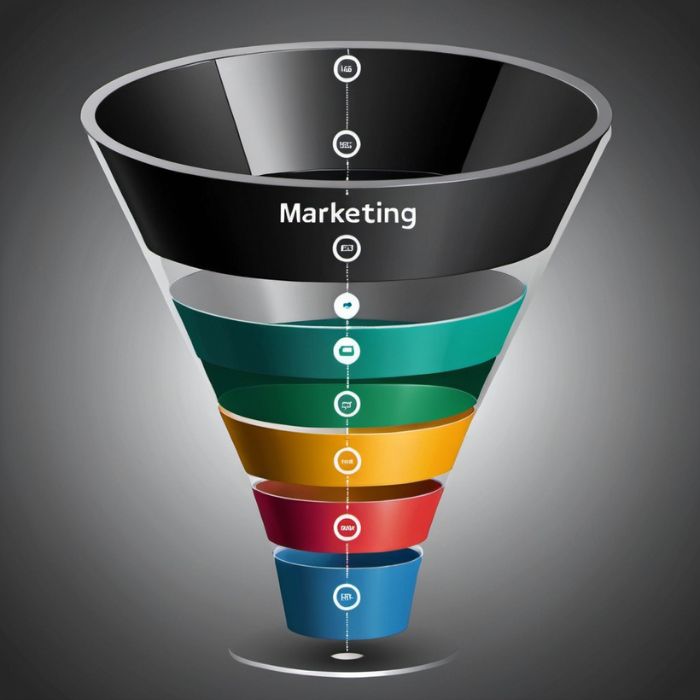Best CRM Software for Sales and Marketing in 2025
Customer Relationship Management or CRM is necessary for many businesses that want to manage leads, pipelines, and customer engagement. It is really a powerhouse CRM that helps the company in automating workflows, personalizing all interactions, and analyzing customer data for better decision-making.
But really, when there are so many, which CRM is best for sales and marketing in 2025? This guide explores the major CRM software, comparing them by their features and best possible price and use cases, to help choose what is right for the customer.
Split your CRM with the Best Marketing Automation Tools for Businesses in 2025 to speed up nurturing leads and customer engagement.
Table of Contents
Why Use a CRM Tool?
A good CRM tool helps businesses:
- Centralize customer data for improved relationship management.
- Automate lead nurturing to increase conversion rates.
- Track sales pipelines for better forecasting and deal management.
- Improve customer support with integrated communication tools.
- Analyze performance metrics to optimize marketing and sales strategies.
Quick Comparison Table
| CRM Software | Best For | Price | Key Features |
|---|---|---|---|
| HubSpot CRM | Best All-in-One Solution | $$ | Marketing automation, pipeline tracking, reporting tools |
| Salesforce Sales Cloud | Best for Enterprise | $$$$ | AI-driven insights, lead scoring, omnichannel communication |
| Pipedrive | Best for Sales Teams | $$ | Visual sales pipeline, automation, deal tracking |
| Zoho CRM | Best for Small Businesses | $ | AI-powered analytics, automation, omnichannel communication |
| Freshsales (Freshworks CRM) | Best for AI-Powered Sales | $$ | AI-driven forecasting, workflow automation, email tracking |
| Nimble | Best for Social Media Integration | $ | Social CRM, contact enrichment, simple UI |
Best CRM Tools (In-Depth Review)
1. HubSpot CRM (Best All-in-One CRM for Sales & Marketing)
Why Choose HubSpot?
- Comprehensive marketing, sales, and customer service suite.
- User-friendly with free and premium plans.
- Scales from small businesses to enterprises.
Key Features
- Lead management and pipeline tracking.
- Marketing automation and email campaigns.
- Real-time reporting and analytics.
Pros:
✔️ Free version available. ✔️ Seamless integration with marketing automation. ✔️ Scalable for growing businesses.
Cons:
❌ Paid plans can get expensive. ❌ Some advanced features require integrations.
Best For: Businesses needing an all-in-one CRM for marketing and sales automation.
➡️ Start managing your sales pipeline with HubSpot CRM!
Enhance your email outreach by integrating CRM with the Best Email Automation Tools for Businesses in 2025.
2. Salesforce Sales Cloud (Best for Enterprise Sales Teams)
Why Choose Salesforce?
- Industry leader in CRM for large enterprises.
- Advanced AI-driven insights and lead scoring.
- Highly customizable with thousands of integrations.
Key Features
- AI-powered sales predictions (Einstein AI).
- Lead management and customer segmentation.
- Advanced reporting and forecasting tools.
Pros:
✔️ Best for enterprise scalability. ✔️ AI-powered insights for smarter decision-making. ✔️ Robust integration ecosystem.
Cons:
❌ Expensive for small businesses. ❌ Steep learning curve.
Best For: Large enterprises that need advanced automation and reporting.
➡️ Optimize sales with Salesforce Sales Cloud!
If you’re running an eCommerce store, consider using CRM alongside the Best eCommerce Platforms for Online Stores in 2025 for better customer tracking.
3. Pipedrive (Best for Sales Teams & Pipeline Management)
Why Choose Pipedrive?
- Designed specifically for sales teams.
- Easy-to-use visual sales pipeline.
- Automates repetitive tasks to increase productivity.
Key Features
- Deal tracking and pipeline visualization.
- Sales automation workflows.
- Email tracking and reporting.
Pros:
✔️ Simple and intuitive UI. ✔️ Strong sales-focused automation tools. ✔️ Affordable pricing.
Cons:
❌ Limited marketing automation. ❌ Not ideal for large enterprises.
Best For: Sales teams needing a straightforward, pipeline-focused CRM.
➡️ Improve sales efficiency with Pipedrive!
For a complete sales pipeline, combine your CRM with Best Social Media Management Tools for Businesses in 2025 to track customer interactions across platforms.
4. Zoho CRM (Best for Small Businesses & Startups)
Why Choose Zoho CRM?
- Affordable pricing with AI-powered tools.
- Comprehensive sales automation for small businesses.
- Seamless integration with Zoho Suite (Zoho Mail, Zoho Desk).
Key Features
- AI-powered sales assistant (Zia).
- Lead management and scoring.
- Multi-channel customer communication.
Pros:
✔️ Budget-friendly CRM with strong automation. ✔️ Scalable with enterprise-level features. ✔️ Mobile-friendly for on-the-go sales teams.
Cons:
❌ UI can feel cluttered for beginners. ❌ Limited customization options.
Best For: Small businesses and startups looking for affordable CRM automation.
➡️ Grow your business with Zoho CRM!
Looking for industry-specific CRMs? Check out the Best CRM Software for Small Businesses in 2025 to see which solutions fit smaller enterprises.
Final Thoughts: Which CRM Tool is Right for You?
- Best All-in-One CRM: HubSpot (Sales, marketing, and automation in one platform.)
- Best for Enterprise: Salesforce Sales Cloud (AI-driven insights and deep analytics.)
- Best for Sales Teams: Pipedrive (Simple yet powerful sales pipeline management.)
- Best for Small Businesses: Zoho CRM (Affordable with strong automation features.)
- Best for AI-Powered Sales: Freshsales (Predictive analytics and workflow automation.)
- Best for Social CRM: Nimble (Great for managing relationships via social media.)
➡️ Choose the best CRM tool and start optimizing your sales and marketing today!







